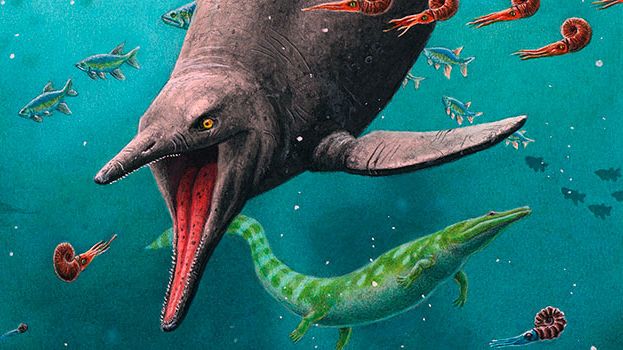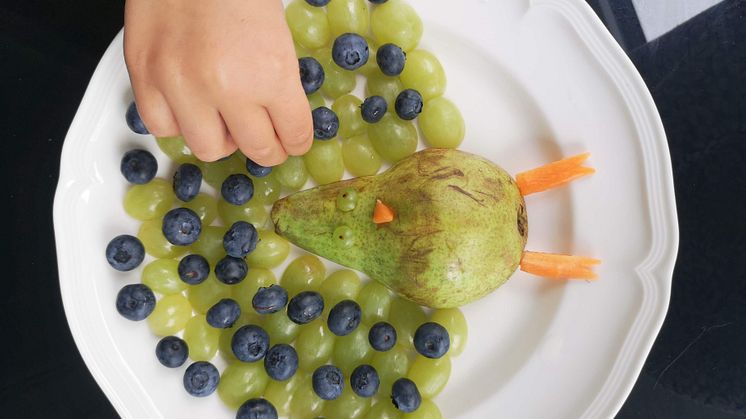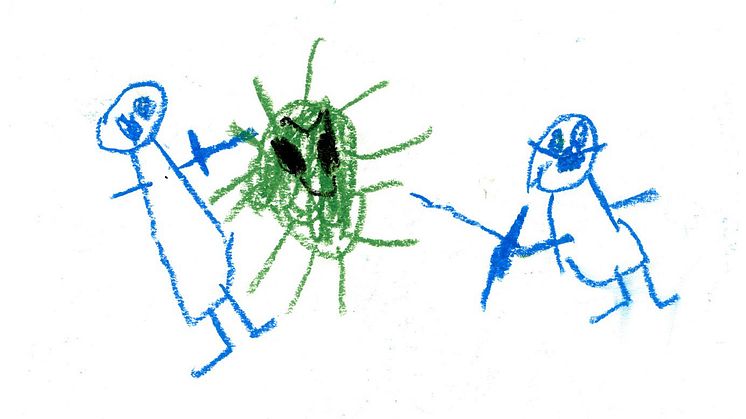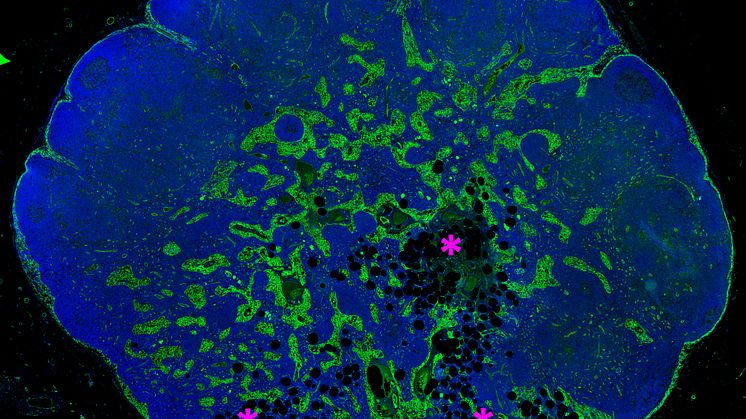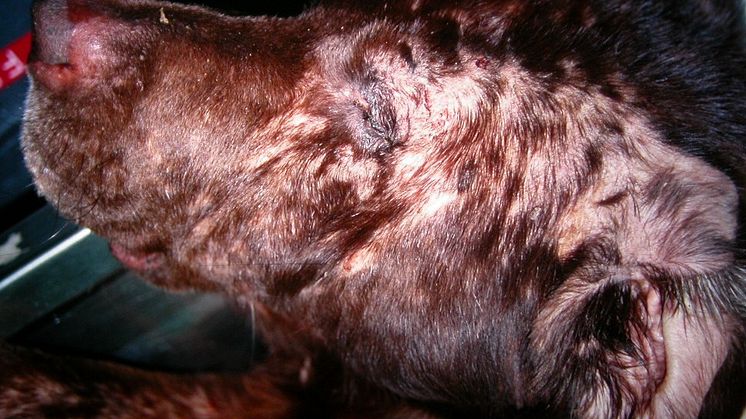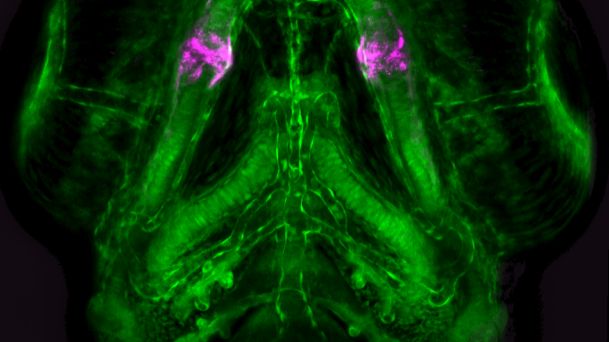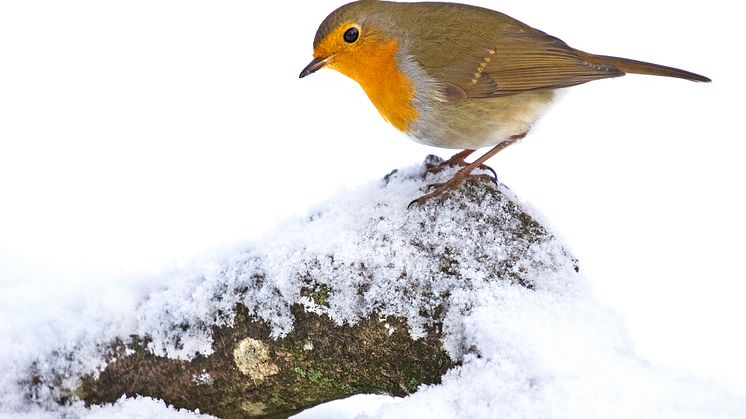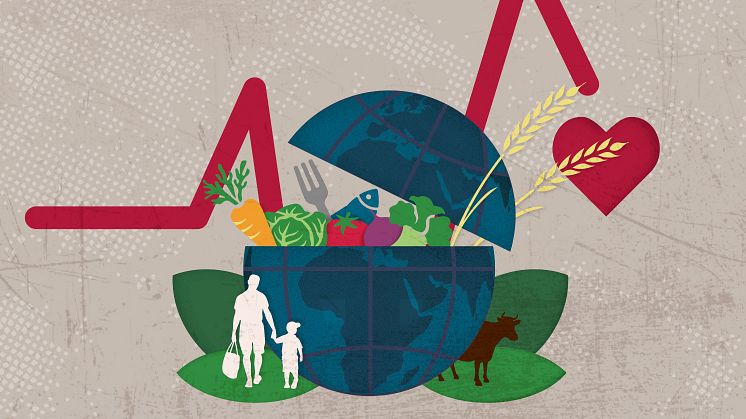From living heritage to zombie churches
Churches are preserved by an antiquarian system that risks killing them instead of keeping them alive. The Swedish State and the Church of Sweden therefore need to define new joint visions and goals to enable the ecclesiastical cultural heritage to be used and developed. This is shown by historian of art Henrik Lindblad in a new doctoral thesis from Uppsala University.


